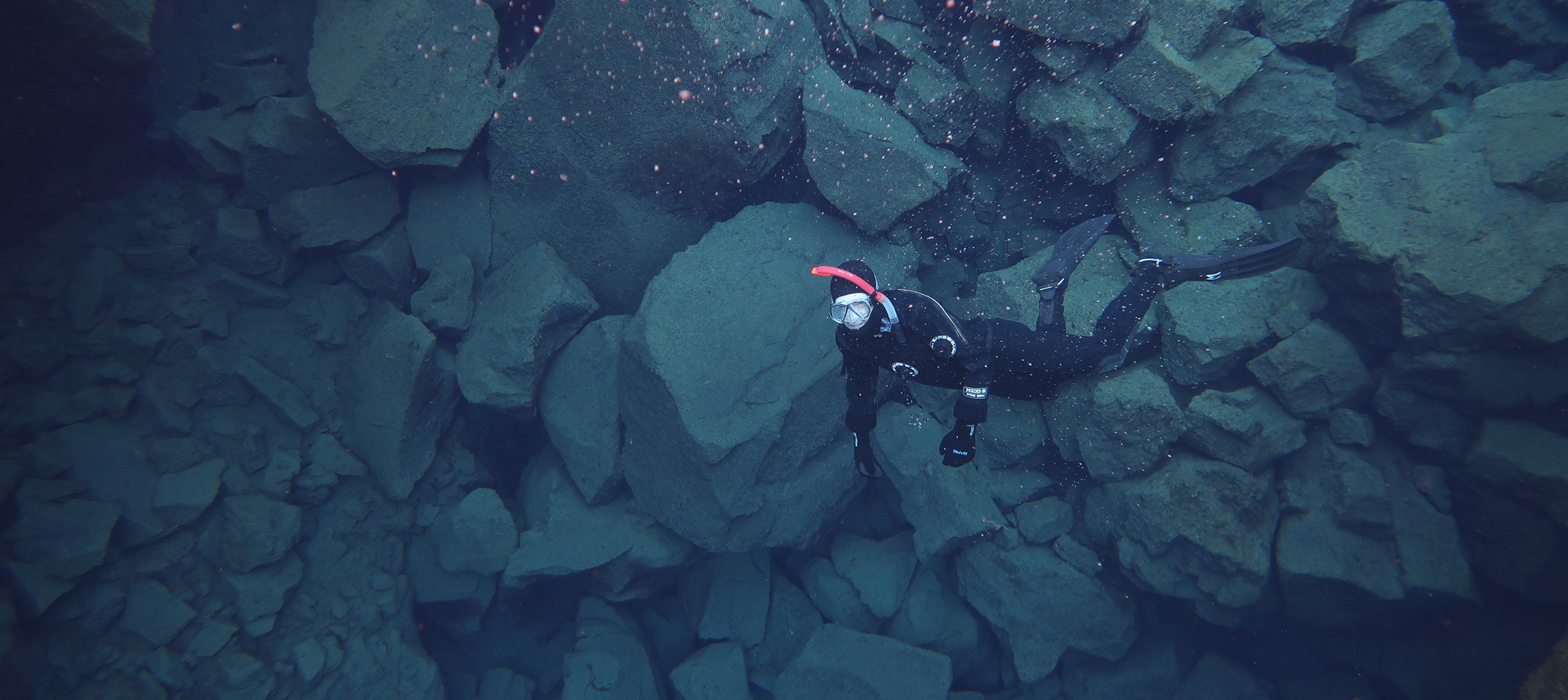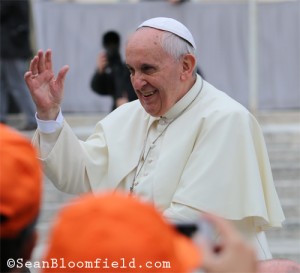 I snapped this shot of Papa Francesco last month when I was in Rome with my daughter, Anna, and our friend Immaculee Ilibagiza, among others.
I snapped this shot of Papa Francesco last month when I was in Rome with my daughter, Anna, and our friend Immaculee Ilibagiza, among others.
I watched Pope Francis fearlessly go among the crowds with no bullet-proof glass or armed guards to protect him.
I saw how he spent much longer than his handlers would have preferred with people who seemed to truly need his comfort.
And I’ll never forget the warmth of his smile.
Being there for the general audience in St. Peter’s Square got me thinking about all the criticism directed at Pope Francis from people who don’t actually know him, and by that I mean knowing him on a personal level and not just as a figurehead.
After all, truly knowing what’s in the heart of another human being isn’t an easy feat, especially from afar and through the haze of a thousand news outlets, all with their own biases.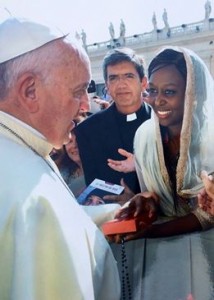
Now, I admit that I don’t actually know Pope Francis. Immaculee had the opportunity to meet with him in October; months earlier, he had actually recommended her book, Left To Tell, to someone who had just been diagnosed with a life-threatening illness, and so their meeting was one of mutual respect and admiration.
But even Immaculee can’t truly know his heart after just one meeting. Knowing someone and understanding what drives them takes time–and a lot of it. That’s why I’m surprised to see so many good people publicly judging Pope Francis without really knowing him.
Some of the strongest and most relentless sources of criticism come from fellow Catholics. Social media sites, blogs, TV shows, magazines and even prayer group meetings have all been used to proclaim dissatisfaction with the pontiff.
People should always be free to share their thoughts. I mean, that’s exactly what I’m doing now. But there’s one question I find myself asking every time I read one of these critical articles or posts: What happened to trust?
Nowadays, it seems, a good number of faithful just aren’t interested in the mystical aspects of Christianity. For some, the religion has been reduced to a mere idea–a theory governed by worldly factors as opposed to the otherworldly source from which it came–stripped of the ethereal and all that makes it so fascinating and radical.
But God is not a set of laws; God is mystical, transcending time, space and matter. He yearns for our trust.
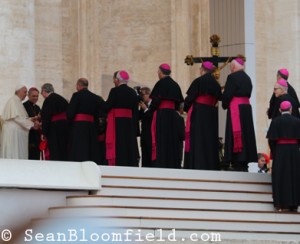 And with that trust, there should be no fear. If we truly believe, after all, then no harm can come to us–eternally speaking, of course.
And with that trust, there should be no fear. If we truly believe, after all, then no harm can come to us–eternally speaking, of course.
“Be not afraid,” as St. John Paul II said, is still as relevant now as it was back then. He knew full well that God is all-powerful. He trusted.
Think back to the day that Jorge Bergoglio became Pope Francis. I feel confident that the Holy Spirit was there in the conclave, the same Holy Spirit who perhaps gently whispered to Benedict XVI that it was time for him to step aside, and the same one who now guides Pope Francis in what I believe is the beginning of a great period of renewal and growth for the Church.
But the Church will not grow through preaching, not in this day and age, and Pope Francis knows it. Nor will it grow through fear, which does not come from God anyway. No, the Church will grow through love, which calls to mind the Holy Father’s namesake, St. Francis of Assisi, who was tasked by God to rebuild the Church, and who, tradition tells us, said:
“Preach the Gospel at all times. When necessary, use words.”
Just as Jesus fearlessly bucked the taboos of his day by dining with sinners and tax collectors — actions that were misunderstood and even condemned by his peers — I see Pope Francis trying to reach the very people that many Catholics have labeled as enemies.
He’s simply asking us: don’t they, too, deserve to know the love of God?
If we truly love our enemies, as Jesus asked of us, then we should have no enemies.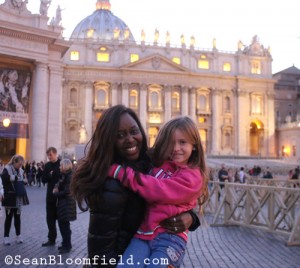
After all, believers won’t win many hearts with combative rhetoric or dogmatic condemnation. However, they can absolutely bring about conversions through compassion, and by living as examples of people who know the love of God. One fruit of knowing that love, I think, is joy, so don’t forget to smile. 🙂
I’m reminded of the uproar Pope Francis caused when, during his first Lent as pope, he shunned the Holy Thursday custom of washing the feet of cardinals and instead washed the feet of young inmates at a juvenile detention center. And in a further departure from the custom, two of them were women and two were Muslim. That was just too many heathen feet for some people to handle!
But, for me, that’s the moment Pope Francis became my hero.
Remember, when Jesus dined with sinners, his enemies and even some of his followers were confused and upset by his actions.
But then the conversions started happening. People who had previously been burdened by the weight of sin and hopelessness suddenly received the joy and peace of redemption. Don’t forget that Matthew wasn’t always Saint Matthew!
 Sure, as a believer, it’s comfortable hanging out with other believers, but what value is there in doing that exclusively? Especially when there are so many lost sheep in the world, wandering in darkness. Love is the light that will lead them back to the fold.
Sure, as a believer, it’s comfortable hanging out with other believers, but what value is there in doing that exclusively? Especially when there are so many lost sheep in the world, wandering in darkness. Love is the light that will lead them back to the fold.
I look at the simple faith of my children–such as my daughter, Anna, whose innocent prayers at the tombs of saints last month in Italy constantly melted my heart–and I wonder how our adult faith got so complicated. Pope Francis, I believe, is trying to bring simplicity back to the Church, just as the early Church was simple, long before doctorates in theology were even a thing.
Yes, Pope Francis has ruffled some feathers, and his critics accuse him of irresponsible actions and careless statements, but I continue to find his approach refreshing. I’m enlivened by his bravery and candor, and I can honestly say that I’ve never been more excited about the future of our Church than I am now with him at the helm.
Going deeper, though, where does all the worry and fear about Francis come from? In many cases, people seem to have politicized the papacy. Unfortunately, the heated rhetoric formerly reserved for partisan politics has seeped into our religion.
Recently, someone I had just met asked me, “So, are you a conservative Catholic or a liberal Catholic?”
“I’m a Catholic,” I replied with a smile.
John Adams and George Washington both warned that the two-party political system would be a threat to America. Applying such divisiveness to religion, in my opinion, is even more dangerous.
Still, what I find most unfortunate about those who openly criticize Pope Francis are not the criticisms themselves… On the contrary, I welcome the opportunity to learn about different viewpoints. What I find unfortunate is that so many of his critics never seem to have anything good to say about him.
Surely there’s something he’s done that they admire, but I rarely see any deviation from the negative slants, unless perhaps it’s accompanied by a cynical caveat. When things are so one-sided, I begin to wonder if an agenda lurks somewhere behind all the words.
Despite this, I remain confident that fear and doubt will fade in time. And, bolstered by the assurance that the gates of hell shall never prevail against us, the Church will rise up to fight the true darkness in the world (hint: it’s not the pope!), and, ultimately, we have been assured that love will win.
In the meantime, though, I sincerely hope and pray that everyone will start looking at the world (and Pope Francis) in colors more varied and vibrant than mere black and white.
And for Heaven’s sake: smile! 🙂
